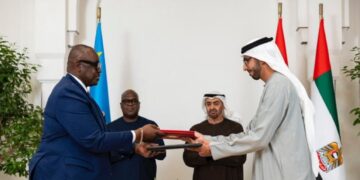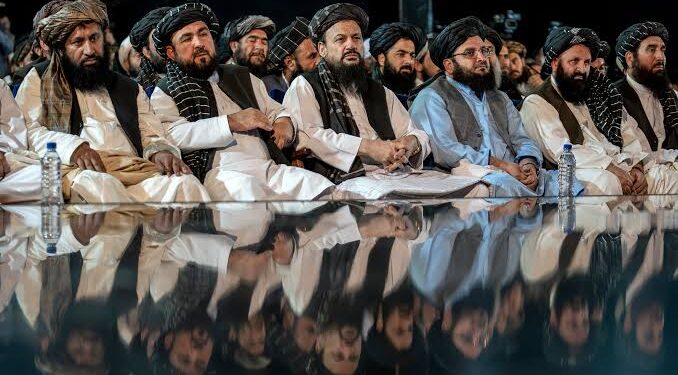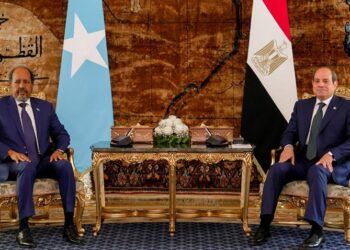By Emmanuel Nduka
Taliban’s top environmental official is calling on the United Nations to include Afghanistan in upcoming global climate negotiations, citing worsening climate-related challenges such as drought, water shortages, and food insecurity.
Speaking at a conference in Kabul on Monday, Matiul Haq Khalis, head of the Taliban-run National Environmental Protection Agency, said environmental conditions in Afghanistan have deteriorated significantly since international projects were halted following the Taliban’s takeover in 2021.
“Afghanistan is severely affected by climate change,” Khalis said. “Drought, water shortages, declining arable land, flash floods, and threats to food security are having a profound impact on people’s lives and the economy,” he added.
Although Afghanistan sent a delegation to last year’s COP29 climate summit in Azerbaijan, it only participated as an observer. Khalis now wants full inclusion at COP30, which is scheduled to take place later this year in Brazil.
“Although Afghanistan’s contribution to global climate change is almost nonexistent, it suffers greatly from its consequences. As a victim of climate change, Afghanistan has the right to be present at global platforms, especially at COP30, to voice the damages it has endured,” he added.
Russia remains the only country that formally recognizes the Taliban government.
A recent report by the UN Office for the Coordination of Humanitarian Affairs warned of worsening conditions, citing below-average rainfall and rising temperatures in June. It noted that by the end of May, declining soil moisture had already affected rainfed wheat production.
The monsoon season also began earlier than usual this year, with forecasts predicting above-average rainfall across many regions.
At the COP29 summit in Baku last November, Khalis told the Associated Press that Afghanistan had developed national climate action plans and was working to update its environmental goals.
He highlighted the country’s untapped potential in wind and solar energy but said international assistance was needed to make progress.




































